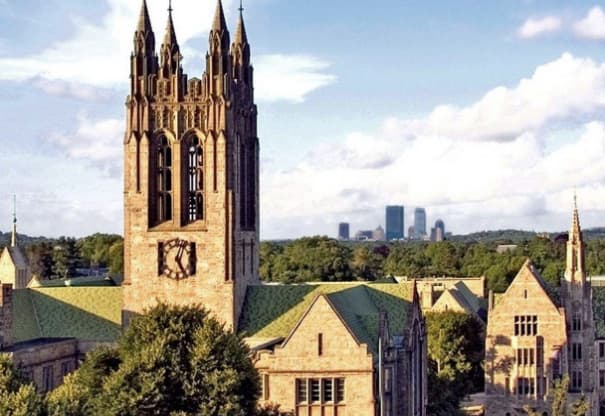Mastering the Process: Common Queries About Pursuing a Master's Degree While Enrolled in a Bachelor's and Master's Dual-Degree Program
In today's fast-paced academic landscape, many students are exploring innovative ways to accelerate their career growth. The Bachelor's and Master's dual-degree program, often referred to as "专本套读," offers a unique opportunity to earn both a bachelor's and a master's degree in a shorter timeframe. This comprehensive guide aims to demystify the process, addressing common questions and providing insights to help students navigate their academic journey with confidence. Whether you're curious about eligibility, application requirements, or the benefits of this program, we've got you covered.
Key Questions About the Dual-Degree Program
1. What Are the Eligibility Criteria for a Bachelor's and Master's Dual-Degree Program?
Eligibility for a Bachelor's and Master's dual-degree program varies by institution, but generally, students must meet specific academic and procedural requirements. Most programs require applicants to have completed their secondary education, often with a strong academic record. Additionally, some institutions may require English proficiency tests, such as TOEFL or IELTS, especially for international students. It's essential to review the admission guidelines of the chosen institution carefully. Some programs may also have prerequisite courses or work experience, so prospective students should ensure they meet all criteria before applying.
Moreover, the dual-degree program often involves a seamless transition from the bachelor's to the master's level. Students may need to maintain a certain GPA during their undergraduate studies to be considered for the master's program. This ensures that applicants are academically prepared for the rigors of graduate-level coursework. It's also advisable to consult with academic advisors or counselors to understand the specific requirements and how they align with your academic goals. By meeting these criteria, students can smoothly progress through the program and maximize their educational benefits.
2. How Does the Application Process Work for a Dual-Degree Program?
The application process for a Bachelor's and Master's dual-degree program typically involves several steps, each designed to assess the applicant's qualifications and readiness for the program. First, students must submit their academic transcripts, including secondary and any prior tertiary education. These transcripts are reviewed to ensure they meet the institution's academic standards. Additionally, letters of recommendation from teachers or professionals who can vouch for the applicant's abilities and character are often required.
Next, applicants must write a personal statement or essay explaining their motivations for pursuing the dual-degree program and how it aligns with their career aspirations. This document provides insight into the applicant's goals, experiences, and commitment to the program. Some institutions may also require a statement of purpose that outlines specific research interests or professional objectives. Furthermore, standardized test scores, such as the SAT or ACT, may be necessary for some programs, although many institutions are now test-optional. It's crucial to check the specific requirements of each institution to ensure a complete application.
3. What Are the Benefits of Pursuing a Bachelor's and Master's Dual-Degree Program?
One of the primary benefits of a Bachelor's and Master's dual-degree program is the time and cost savings. By completing both degrees in a shorter period, students can enter the workforce sooner, potentially earning a higher salary with advanced qualifications. This accelerated path also reduces the overall financial burden, as fewer years of tuition and living expenses are required. Additionally, the program fosters a deeper understanding of the subject matter, as students gain both undergraduate and graduate-level knowledge.
Another advantage is the enhanced career prospects that come with holding both degrees. Employers often value the comprehensive skill set and academic rigor of dual-degree graduates, making them more competitive in the job market. Furthermore, the program provides networking opportunities, allowing students to connect with peers, faculty, and industry professionals who can open doors to future career opportunities. Many institutions also offer research opportunities or internships, which can further bolster a student's resume. Overall, the dual-degree program is a strategic choice for students looking to maximize their educational and professional growth.


.jpg)

.jpg)

.jpg)


.jpg)
.jpg)